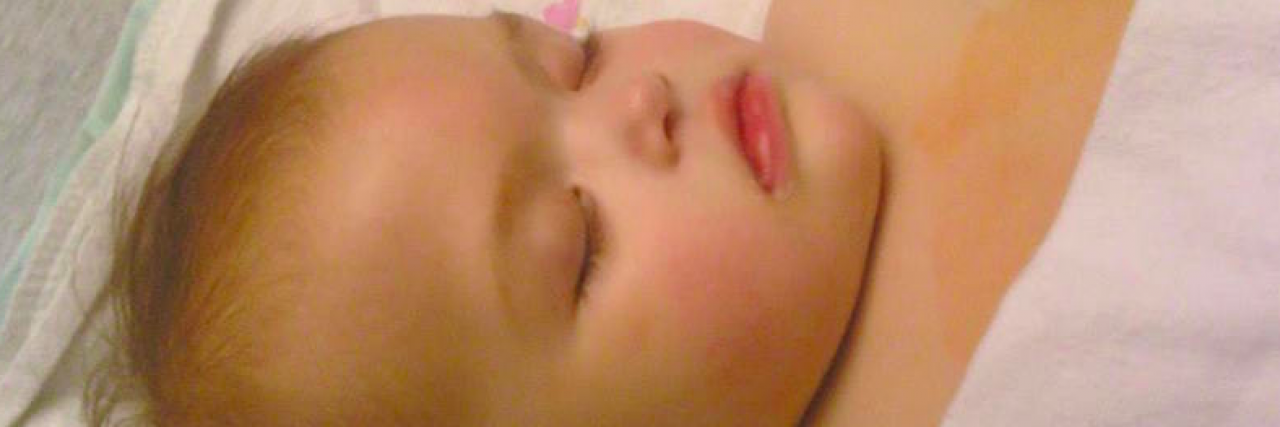When cancer lands in your life, it hits like an nuclear explosion.
It incinerates what used to be there. It shatters the atmosphere then it shatters the world. It leaves a crater that over time fills up with water, waste, fear, dust, old memories, laughter, dreams and oxygen. The Earth that’s left behind is cracked. Deep crevices radiate outwards from the site of impact, which gather the dusty remains of your life that skitter through the landscape on the wind.
• What is PTSD?
And the sound…the sound is deafening. The ringing of your own pulse in your ears as the words “cancer” and “chemo” and “liver failure” and “we don’t know if she will survive” seem to fade together into both a male and female voice as they’re being spoken by specialists, doctors, scan technicians, nurses and social workers. The deafening sound of no answers, even when you ask a question, over and over. “Will she survive?” is met with a round-about-answer and all you want to do is shake the doctor. But instead you ask again, a little slower, “Will…she…survive?” The doctor looks at you as if your brain is broken because in his little brain that round-about-answer was an answer, when in my head I’m thinking “It’s a yes or no question, buddy.”
Then, the silence that follows. It’s even more deafening than the initial explosion of words. The silence is the echo of the diagnosis and the horrible prognosis that seem to bounce around the inside of your skull for a few weeks until you realize that life is moving on around you. The explosion that you thought stopped the world and killed everything around you was just in your baby’s life, and consequently in yours. That crater? That was where your dreams for her future lived. No one else has to navigate through it.
I had a bad anxiety day today. It happens when you have post-traumatic stress disorder from watching your little girl fight cancer. A simple storm triggered it. Even seven years out of remission and four years past the last emergency, when I feel my feet are on the ground and she’s relatively healthy, I still manage to slip back into that crater and have to claw my way out.
I try to pretend I’m not distracted, and try to stave off the sound of that stupid echo bouncing around inside my skull again. Repeating the mantra “She’s OK. She’s OK, She’s OK…” Trying to breathe through it. I’m sure I look crazy, talking to myself, crying in the car. I’m sure people think I need to just get over it, that it’s been long enough, that I’m being dramatic. But cancer, like many many other devastating diseases or injuries, is dramatic. And it leaves behind that horrid echo that I still feel in my bones when I look at my children every day.
I’m not alone. The terror that comes with nearly losing a love one is universal and the lasting impressions on those who fought cannot be overstated.
If you’re like me, you aren’t alone. It’s OK to recognize the event for what it was: the total and complete end of who you were, individually and sometimes as a family. You aren’t being dramatic. You aren’t exaggerating it. And you aren’t crazy for having PTSD, anxiety or any of a number of issues that haunt you.
And if you happen to work with or love one of us, please have patience and understand we aren’t trying to be dramatic. What we witnessed and fought through truly was as devastating as a nuclear blast to our lives. Hug us. Tell us it’s OK. Accept us. We can’t change what we’ve been through.
Above all, understand our need for coping mechanisms, whatever they are.
(sigh) Where’s the chocolate and coffee?
Follow this journey on Herding Chaos.
Image via contributor

